As we wrote previously, today’s Call had been revised twice in the lead-up to this once-per-ten-years gathering of Anglican bishops. One such change had added a denouncement of marriage equality, reaffirming anti-LGBTIQ language from a 1998 Lambeth resolution. After a large public outcry, that revision was itself revised to acknowledge differences of theological opinion and practice around the Communion. In opening framing remarks today, the Archbishop of Canterbury Justin Welby emphasized that LGBTIQ+ affirming provinces of the Anglican Communion discerned their position on inclusive marriage through “long prayer, deep study and reflection.” After these remarks the bishops gathered at their tables for respectful, authentic conversation on this Call that in fact also addressed a number of threats to human dignity, including racism, colonialism, gender and sexuality-based violence, as well as the climate crisis. Since a previous, late-breaking effort to have the bishops vote on the Calls had also been scrubbed, the bishops did not vote—they talked and listened. They can now email written feedback on the Call to the Chair of the Lambeth Calls Working Group, as has been done with the other Calls.
The Episcopal Church’s Presiding Bishop Michael Curry said in a video-statement emphasized the hope he saw embodied in the day’s events. “I’ve been a bishop 22 years and a priest over 40 years. And I have to tell you that as far as I know, it is the first time a document in the Anglican Communion has recognized that there is a plurality of views on marriage and that these are perspectives that reflect deep theological and biblical work and reflection…That’s why I say today is a hopeful day. There is work to do, but hope can help us run the race set before us.”
Hope can help us run the race set before us.
Hope is something we deeply need right now, as trans and non-binary Episcopalians connected to LGBTIQ+ Anglicans in all parts of the world, including the Global South. Those of us who were at Lambeth in 2008 remember meeting both cisgender and trans LGB people, hearing their powerful witness on panels, in blog posts, and in the film Voices of Witness: Africa. And this is where—acknowledgment of our theological seriousness notwithstanding — we want to push back against part of Archbishop Welby’s framing statement: “For the large majority of the Anglican Communion the traditional understanding of marriage is something that is understood, accepted and without question, not only by Bishops but their entire Church, and the societies in which they live.” In addition to the language of “traditional marriage,” which implies a lack of tradition in other understandings, the notion that this understanding is “accepted without question” by “their entire Church, and the societies in which they live,” is simply not true to the experiences we heard from LGBTIQ people from Nigeria and Uganda at Lambeth in 2008, nor does it do justice to the stories in Voices of Witness: Africa. Conversely, even as the official stance of the Episcopal Church affirms LGBTIQ+ people, we know that there are Episcopalians who disagree, and indeed that we continue to have work to do to fully live into our church’s stance, work we are glad the Episcopal Church’s General Convention committed to earlier in July.
Such work is all the more crucial for us to take up as legislative attacks intensify against sexual and gender minorities in the United States. In one dramatic example, this past weekend the Florida Department of Health made public new rules that prohibit access to gender affirming care for anyone under the age of eighteen, including puberty blockers, and also adds barriers for adult access to transition. This move follows an effort in February of this year, spearheaded by Texas governor Greg Abbott, to restrict access to gender affirming care for trans youth.
Given this context and the attacks that LGBI and especially trans and non-binary people are experiencing, so often in the name of Christianity, we need a full-throated affirmation of our human dignity. We need unequivocal advocacy and solidarity. We need to see the Church transformed from its terrible legacies of institutional oppression, to engage in truth-telling about that legacy, and to stand with us in the power of the Good News proclaimed and embodied by Jesus.
And so as we stand back and look at this moment in the history of the Anglican Communion, we join with others in recognizing its significance. We thank especially the LGBTIQ+ bishops who bore witness to their lives at this Conference at a vulnerable time and as their spouses were not invited. Amid all of this, the Human Dignity Call points to a corner turned, a door opened in a longstanding, painful process. It suggests the hope of healing, as Presiding Bishop Curry emphasized. We have been running this race set before us for many years now, and we will continue to do so, connected in communion, and with God’s help.

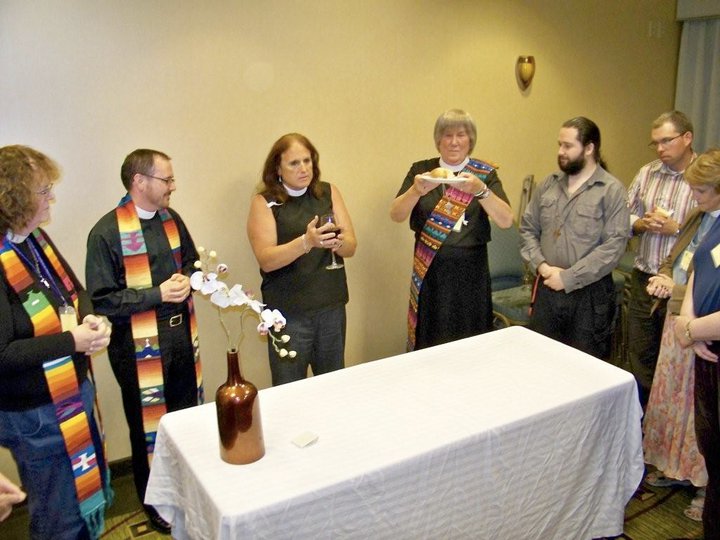
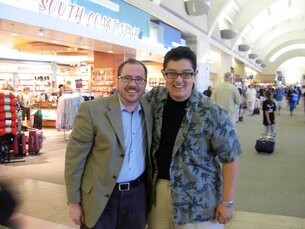
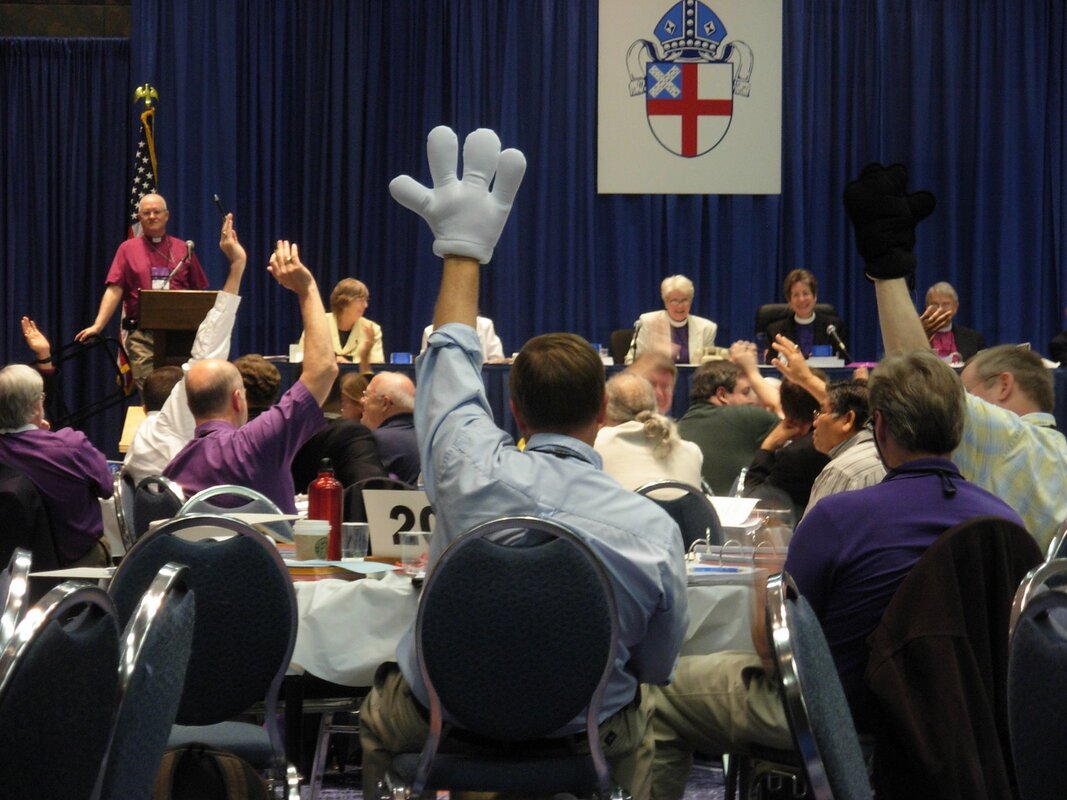
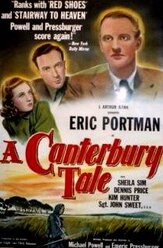
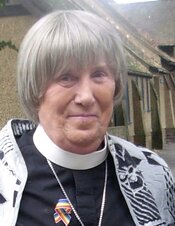
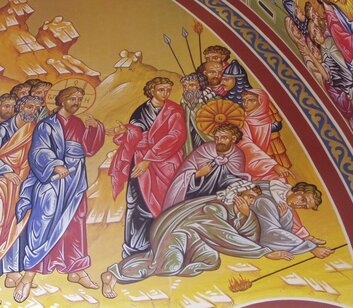
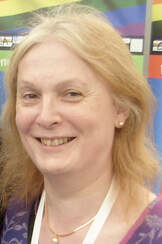
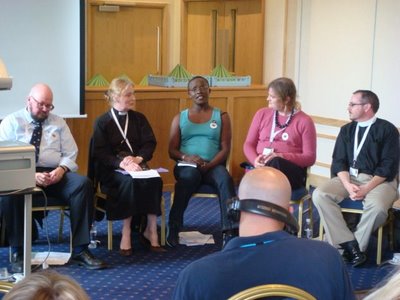
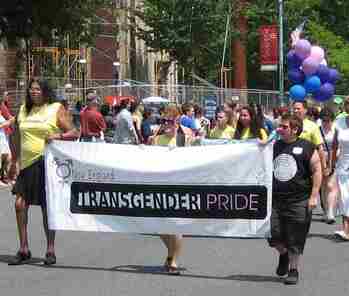
 RSS Feed
RSS Feed